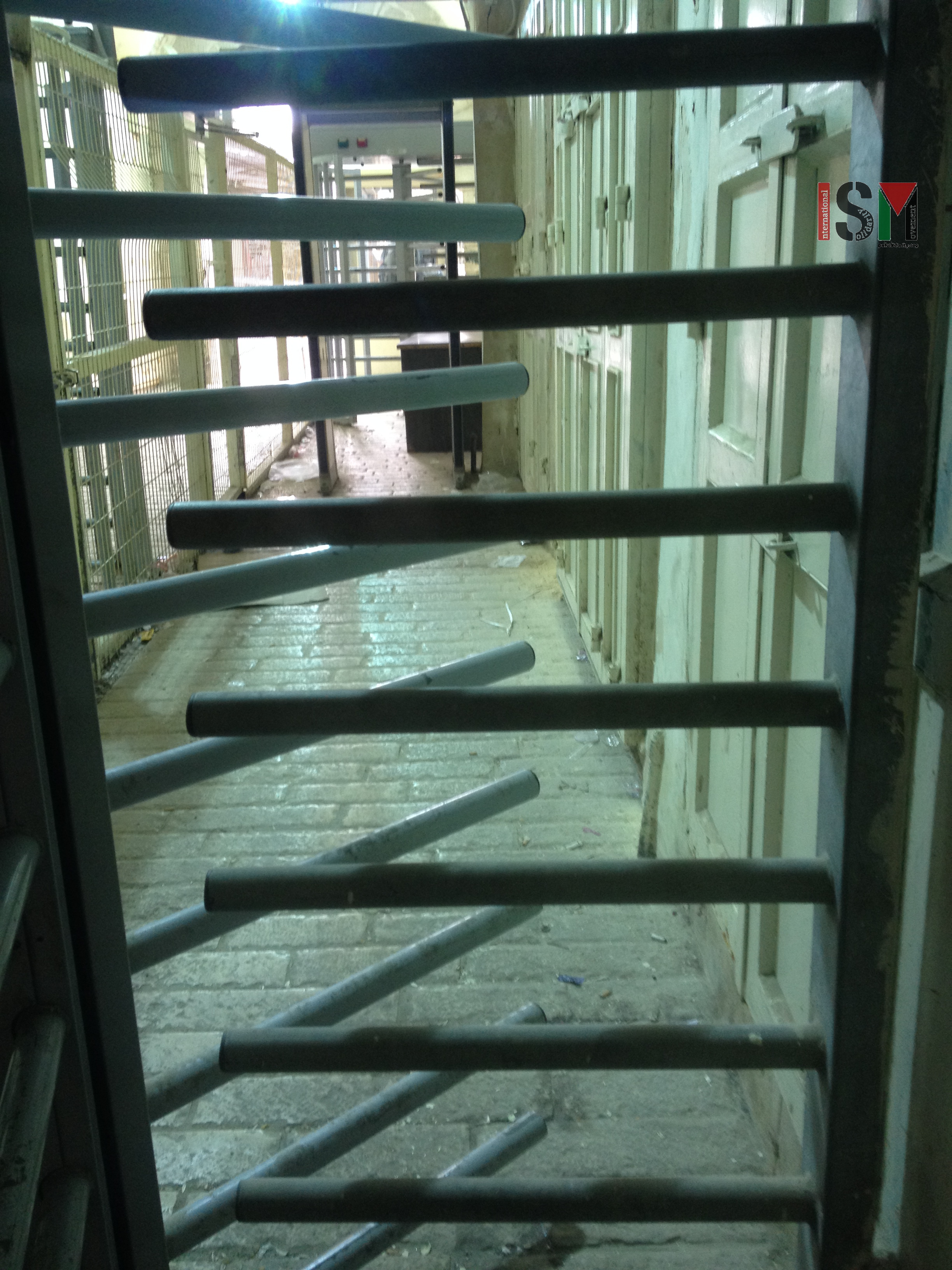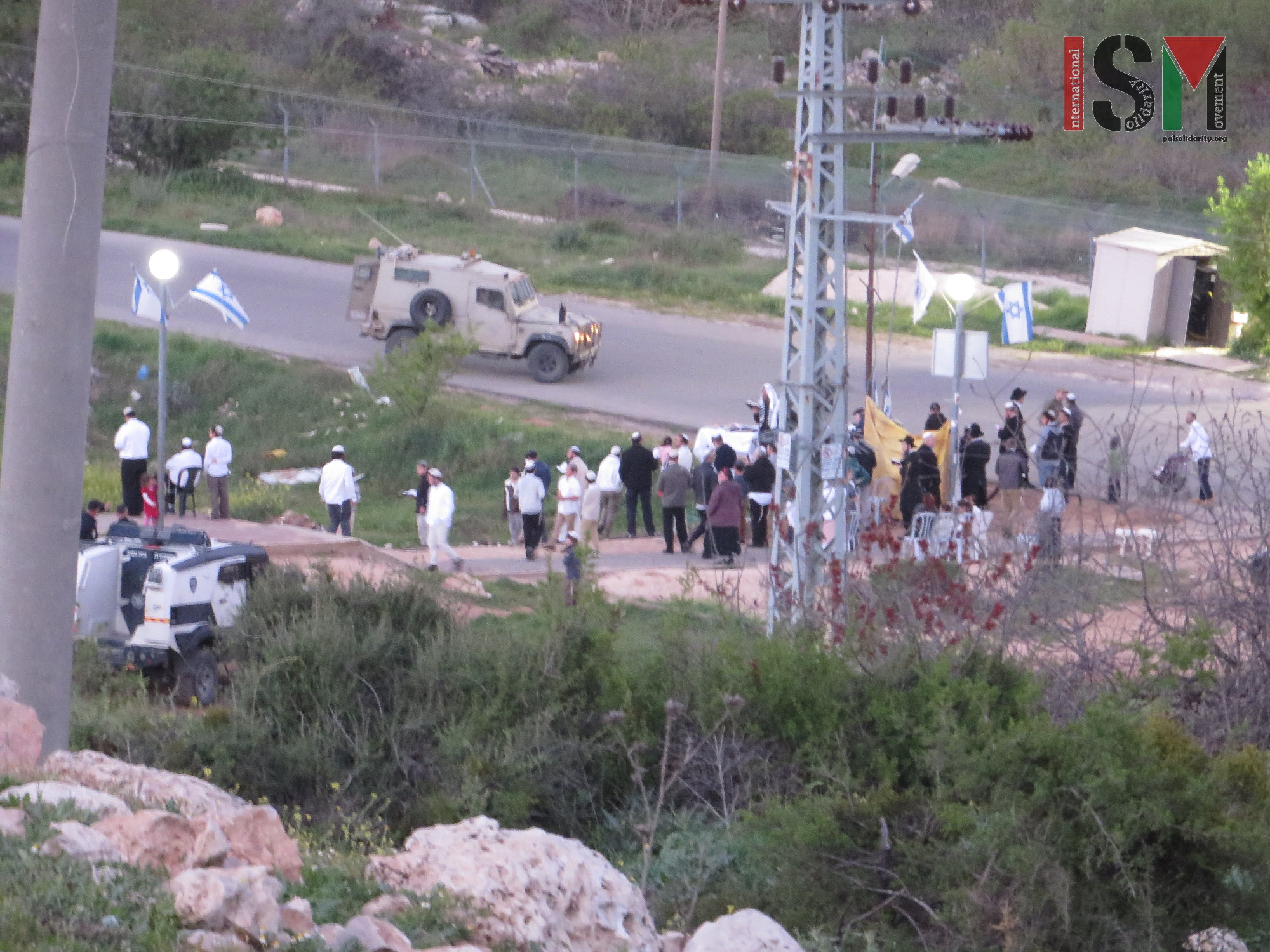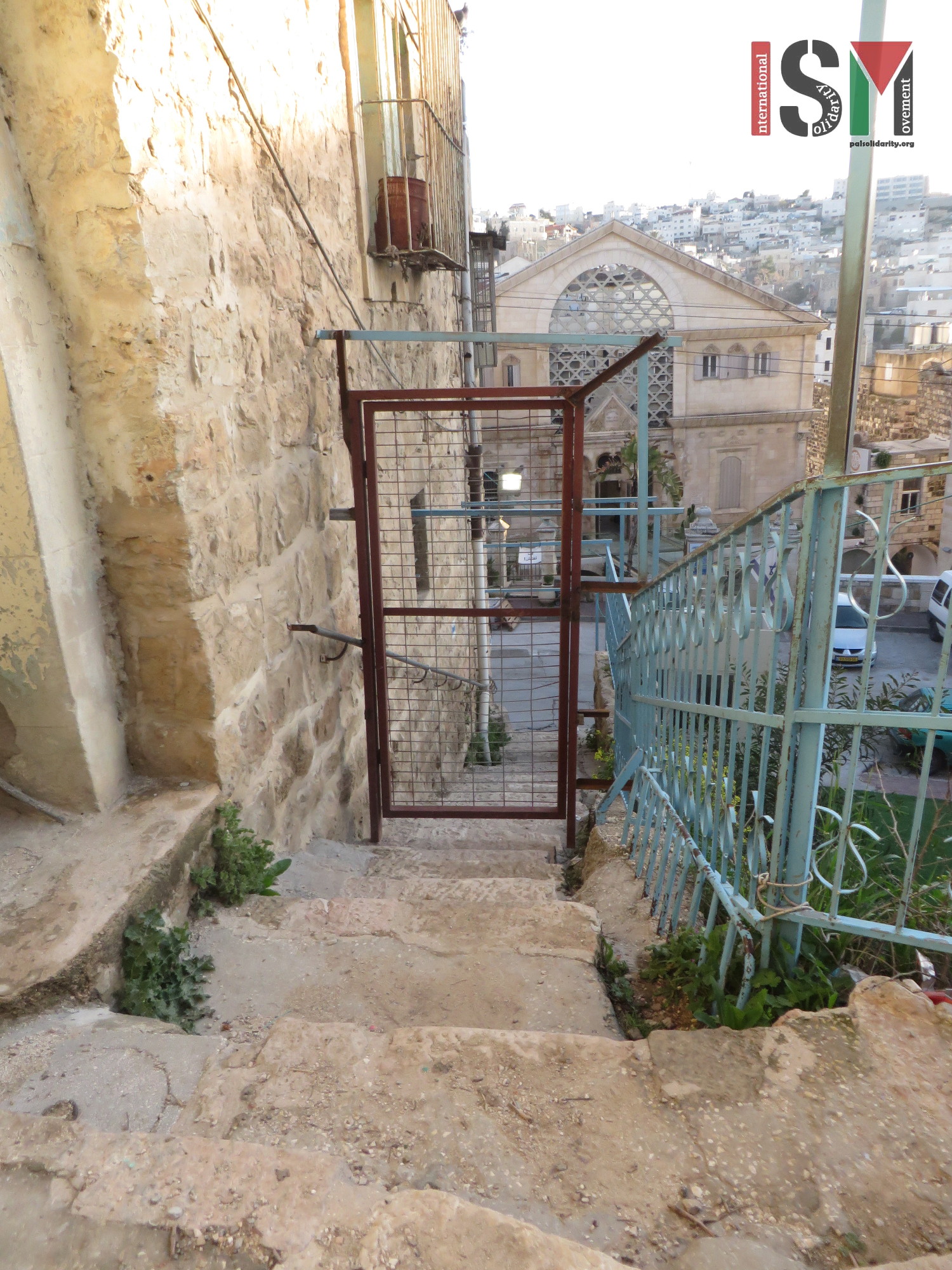Tag: Denial of Entry
-
Checkpoint harassment – everyday ‘normality’?
17th March 2016 | International Solidarity Movement, al-Khalil team | Hebron, occupied Palestine Occupied al-Khalil (Hebron) is a city of far too many checkpoints. Operated by heavily armed Israeli forces, they create obstacles that all Palestinians must cross in order to go about their daily lives in al-Khalil: to go to school or work, to…
-
Continuous struggle for justice in occupied Hebron
15th March 2016 | International Solidarity Movement, al-Khalil team | Hebron, occupied Palestine On 9th March 2016, Israeli forces yet again demolished the illegally erected synagogue-tent on private Palestinian land close to the illegal Israeli settlement of Kiryat Arba in occupied al-Khalil (Hebron). The synagogue-tent was build up by settlers some years ago opposite the…
-
Ethnic cleansing of Shuhada Street in occupied al-Khalil (Hebron)
6th March 2016 | International Solidarity Movement, al-Khalil team | Hebron, occupied Palestine Since the 1994 Ibrahimi Mosque Massacre, the majority of Shuhada Street – once the thriving Palestinian market and main thoroughfare connecting north and south al-Khalil (Hebron) – has been closed to Palestinians. They are completely barred from accessing it, except for a…



